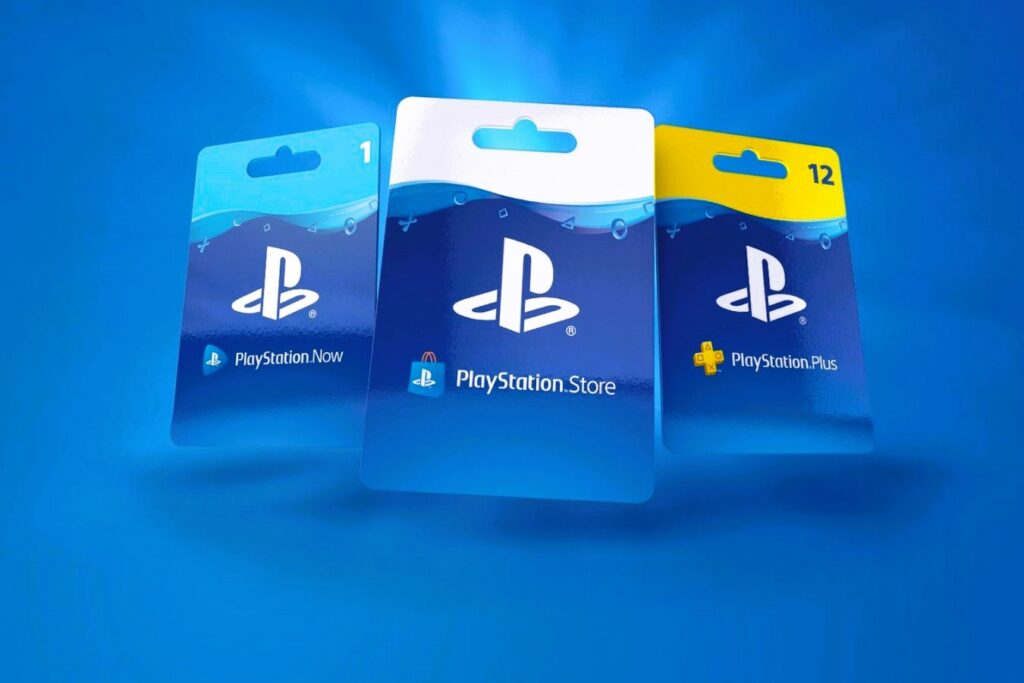The Best Game Streaming Platforms: A Comprehensive Comparison

In recent years, game streaming platforms have revolutionized how people engage with video games. No longer are players limited to their own hardware—game streaming services allow users to access and play their favorite titles from anywhere, on nearly any device, without the need for high-end hardware.
But with a growing number of game streaming services available, it can be hard to choose the one that best fits your needs. In this comprehensive comparison, we’ll examine the top game streaming platforms and break down the key factors, such as game libraries, pricing, device compatibility, and performance.
1. NVIDIA GeForce Now
Overview
NVIDIA’s GeForce Now is one of the most well-established game streaming platforms on the market. It’s designed to allow users to stream games they already own from digital storefronts such as Steam, Epic Games Store, or Uplay.
Key Features
- Library Access: GeForce Now doesn’t come with its own game library. Instead, it lets you access and stream games you already own from supported libraries. This means you don’t have to buy your favorite titles again.
- Performance: With support for ray tracing and DLSS (Deep Learning Super Sampling) on compatible titles, GeForce Now offers one of the best visual experiences in game streaming.
- Device Compatibility: GeForce Now is available on Windows, macOS, Android, iOS (via Safari), and even Chromebooks, giving it one of the widest compatibility ranges of any service.
Pricing
GeForce Now offers a free tier, but it’s limited to one-hour play sessions and standard priority in server queues. The Priority subscription ($9.99 per month) offers extended play sessions, ray tracing, and better server access. For gamers wanting the ultimate experience, the RTX 3080 tier ($19.99 per month) offers up to 1440p at 120 FPS.
Pros:
- Allows you to stream games you already own.
- Excellent visual quality with ray tracing and DLSS support.
- Wide device compatibility.
Cons:
- No built-in game library.
- Requires a strong internet connection for high-performance settings.
2. Microsoft Xbox Cloud Gaming (xCloud)

Overview
Xbox Cloud Gaming, often referred to as xCloud, is part of Microsoft’s Xbox Game Pass Ultimate service. It allows subscribers to stream a large selection of games from the Xbox Game Pass library directly to their devices without needing a console or gaming PC.
Key Features
- Game Library: xCloud offers a vast library of over 100 games, ranging from Xbox exclusives to popular third-party titles. Subscribers have access to day-one releases, making it a great value for gamers who want the latest games.
- Performance: While xCloud doesn’t currently offer 4K streaming, it does support up to 1080p at 60 FPS. Microsoft continues to improve the service’s stability and performance with updates.
- Device Compatibility: xCloud works on Windows PCs, Android devices, iPhones, iPads (via Safari), and even Xbox consoles. It’s also integrated into certain smart TVs, making it highly accessible.
Pricing
To access Xbox Cloud Gaming, you need to subscribe to Xbox Game Pass Ultimate, which costs $14.99 per month. This subscription also gives you access to Xbox Live Gold and the Game Pass library for both PC and console. Read the article about the 10 best gaming accessories that every gamer should have.
Pros:
- Access to a large, rotating library of games.
- No need to purchase games separately.
- Great value for Xbox Game Pass Ultimate subscribers.
Cons:
- No support for 4K streaming.
- Game performance can vary depending on your internet connection.
3. Google Stadia
Overview
Google’s Stadia was one of the first major players in the game streaming space when it launched in 2019. It allows users to purchase games from the Stadia store and stream them directly to compatible devices without the need for a console or gaming PC.
Key Features
- Game Library: Stadia offers a store where users can purchase individual games. Unlike services like xCloud, which offers a subscription library, Stadia’s model requires users to buy games as they would on a traditional platform.
- Performance: Stadia supports up to 4K resolution at 60 FPS for players who subscribe to Stadia Pro. The service also offers HDR and 5.1 surround sound, provided you have a fast enough internet connection.
- Device Compatibility: Stadia works on Chrome browsers, Android devices, and certain smart TVs with Google TV support. It also supports wireless play with the Stadia controller.
Pricing
Stadia offers two tiers: a free version that supports up to 1080p streaming and a paid Stadia Pro subscription ($9.99 per month), which enables 4K streaming and includes access to a rotating selection of free games.
Pros:
- Supports 4K HDR gaming for Pro subscribers.
- Works on a wide range of devices.
- Offers both free and paid options.
Cons:
- Requires purchasing individual games, with no large subscription library.
- Limited exclusive titles.
4. Amazon Luna
Overview
Amazon entered the game streaming market with Luna, a cloud gaming platform that follows a subscription model similar to Netflix for games. Luna offers different “channels” that users can subscribe to, each offering a library of games.
Key Features
- Game Library: Luna offers different channels like the Luna+ channel, which includes a variety of games, and the Ubisoft+ channel, which offers access to Ubisoft’s extensive library of titles. Games are streamed directly from Amazon’s servers, so no downloads are necessary.
- Performance: Luna supports up to 1080p at 60 FPS, with plans to roll out 4K streaming in the future. It runs on Amazon Web Services (AWS), which provides excellent stability and reliability.
- Device Compatibility: Luna is available on Windows, macOS, Fire TV, and Android devices. It also works on iOS through the Safari browser, and it supports wireless controllers like the Amazon Luna controller or a keyboard and mouse.
Pricing
Luna offers a variety of pricing options depending on the channels you subscribe to. Luna+ costs $9.99 per month, while the Ubisoft+ channel costs $17.99 per month.
Pros:
- Multiple subscription options based on your gaming preferences.
- Runs on AWS, ensuring strong performance.
- Growing library of games.
Cons:
- 4K streaming is not yet available.
- Can become expensive if subscribing to multiple channels.
5. PlayStation Plus (PS Now)

Overview
Sony’s PlayStation Plus, formerly known as PlayStation Now, allows users to stream a selection of PlayStation games directly to their PC or PlayStation console. It offers a large library of PS2, PS3, and PS4 titles, making it an appealing option for nostalgic gamers and PlayStation fans.
Key Features
- Game Library: PlayStation Plus offers access to over 700 games, including exclusive PlayStation titles like God of War, The Last of Us, and Uncharted. The library also includes older PS2 and PS3 games, making it great for retro gaming.
- Performance: Streaming is limited to 1080p, and game performance largely depends on your internet speed. Some games are also available for download for PlayStation console owners, allowing for smoother performance.
- Device Compatibility: PlayStation Plus is available on Windows PCs, PlayStation consoles, and select smart TVs. However, unlike other services, it’s not available on mobile devices.
Pricing
PlayStation Plus is available as part of the PlayStation Plus Premium membership, which costs $17.99 per month or $119.99 per year. This also includes other benefits like exclusive discounts and monthly free games.
Pros:
- Huge library of classic and exclusive PlayStation games.
- Option to download games on PlayStation consoles.
- Supports backward compatibility with older PlayStation titles.
Cons:
- No mobile support.
- Limited to 1080p streaming.
The game streaming market has expanded rapidly, offering gamers multiple platforms to choose from based on their preferences. Whether you’re looking for a platform that streams the games you already own (like GeForce Now), offers a large game library subscription model (like Xbox Cloud Gaming or Amazon Luna), or caters specifically to PlayStation fans (PlayStation Plus), there’s a service to fit your gaming style.
Before deciding on a platform, consider the types of games you play, your hardware needs, and your internet connection to ensure the best gaming experience possible.
For more information on gaming and game streaming platforms, you can visit IGN.



